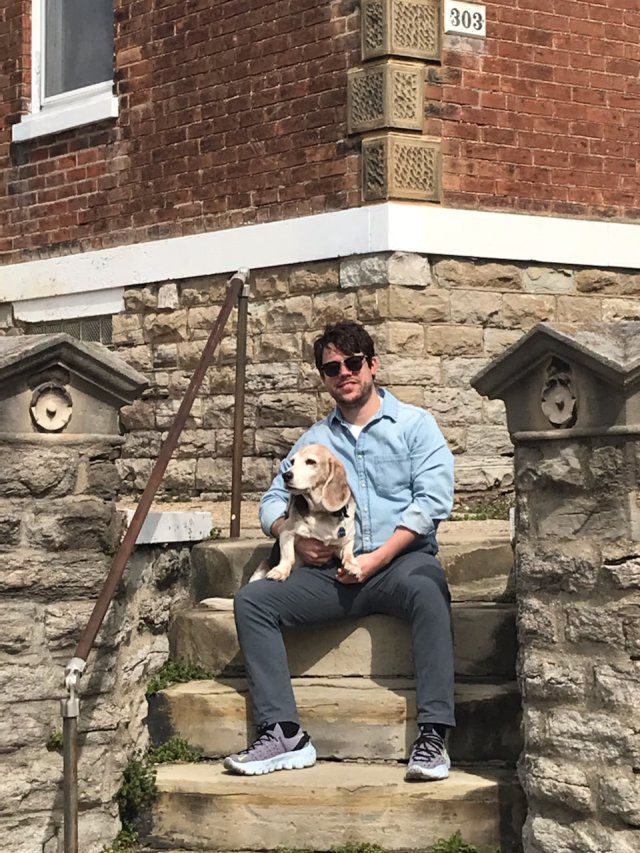Meet EPA Researcher Max Krause, Ph.D.

Max focuses on the emissions of waste management facilities, particularly landfill gas and leachate emissions. He does a combination of laboratory work and computer modeling. His current research interests are in remote sensing technologies, elevated temperature landfills, food waste biodegradation, and PFAS treatment of leachate. He also provides technical support to the regions, states, and the public on both of EPA’s landfill models.
Tell us about your background.
Preserving the environment was always a big part of my life and perspective. I grew up on Sanibel Island, Florida which has the Ding Darling National Wildlife Refuge. In elementary school, my class became “Junior Naturalists” and led other students and tourists through the park and hosted educational events about local plants and animals. Then I went to the University of Florida for environmental engineering. I got interested in waste management and landfills. I wrote my dissertation on greenhouse gas modeling from landfills. Apparently, some people at EPA liked my work because this led me to the an ORISE post-doc position for Thabet Tolaymat. I did that for 3 years and then I became a federal employee.
How does your science matter?
My work supports air and land and waste management regulations. I also do a lot of technical support for states and EPA regions. I have a lot of on-site experience at landfills which allows me to help new hires within the federal or state agencies that are less familiar with the intricacies of how landfills work and how to analyze landfill data.
When did you first know you wanted to be a scientist?
I’ve wanted to be a scientist since I can remember. My aunt was a scientist for a microbiology lab in Boston and she had her own “mad scientist” laboratory in her basement with microscopes and test tubes. She was a huge role model for me.
What impact do you see your research having?
My hope is for my research to help inform future regulations can improve the environment and the lives of people that are most affected by landfills.
If you weren’t a scientist, what would you be doing?
Probably working on a farm.
Any advice for students considering a career in science?
Failing a class is totally fine. Take it again. You might not initially succeed or understand because of other life circumstances, or maybe it’s the teacher. In undergrad, I took Differential Equations three times and Biology twice. But then things started to click. Afterwards I got a masters and a PhD. If it’s something you want and are interested in, you will find a way.
What do you think the coolest scientific discovery was and why?
Probably the discovery of microbes. Looking into a microscope and seeing a whole new world.
What do you think is our biggest scientific challenge in the next 20/50/100 years?
We need to become increasingly efficient with our limited resources as our population grows. We need to do more with less when it comes to farming, water consumption, metals, plastics. There is a lot of room for improvement in the circular management of our resources.
Editor's Note: The opinions expressed herein are those of the researcher alone. EPA does not endorse the opinions or positions expressed.
